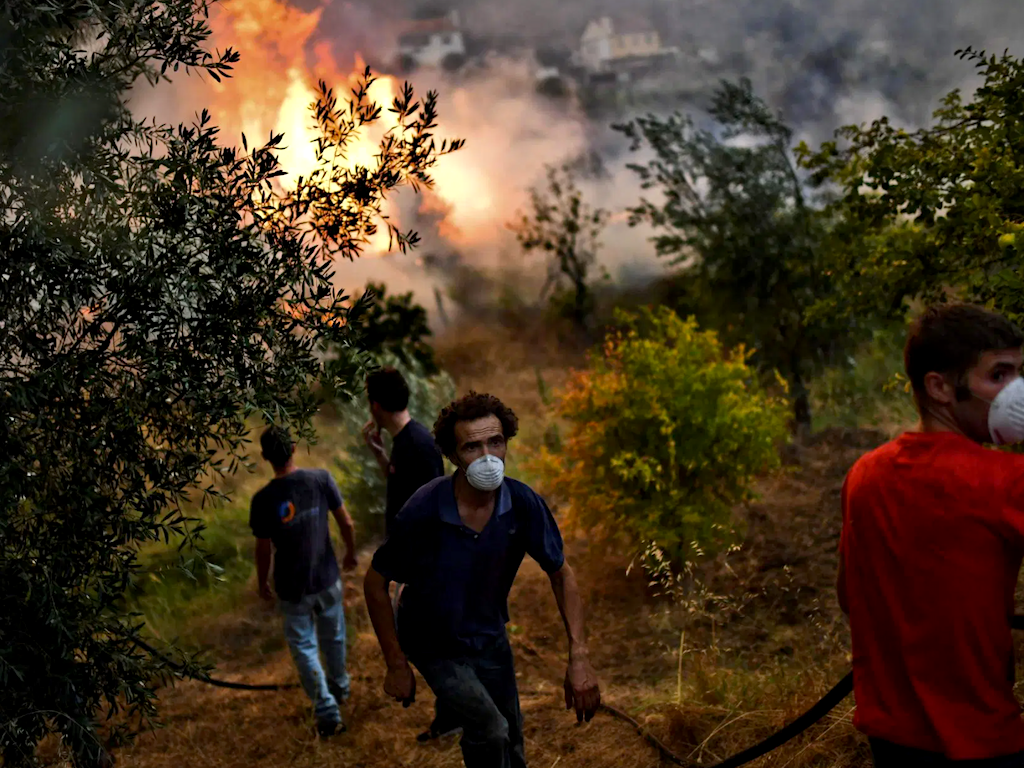3 Mins Read
By 2070, the world’s habitable climate zones will shift so dramatically that billions will be living in areas too hot and beyond human comfort levels. Published earlier this week, the alarming new study says that as the world population and carbon emissions continue to rise at a faster rate than previously expected, at least one-third of the global population will have to bear extreme heat within just 50 years. The study raises unsettling questions about poorer populations who lack the resources to shelter from the heat.
A new study published in the journal the Proceedings of the National Academy of Sciences finds that due to unabated global heating, 3.5 billion people are likely to live under conditions that are too hot for human life to flourish.
By studying humans over the past 6,000 years much like scientists have previously studied animals such as bears, birds and bees, the team of researchers found the “climate niche” where people and civilisations best flourish. They found that due to rapidly rising temperatures – an annual average of 1 degree celsius – caused by anthropogenic climate change, the geographical regions that fit into the “surprisingly narrow” window of 11 of 15 degrees Celsius will shift more in the next 50 years than anytime during the past 6,000.
As a result, almost a third of the global population will live in too hot areas by 2070. Some of the world’s most populous cities in Asia and Africa are expected to experience deadly heat waves as frequent as every single year. Parts of Australia, India, South America and the Middle East will also be deeply affected.
“It looks unlivable for many. Where we are headed is a place we don’t want to go,” said co-author of the study Tim Lenton, director of the Global Systems Institute at the University of Exeter in the United Kingdom.
The study sounds the alarm about those living in poorer regions whose lives will become insufferable due to lack of access to cooling technology such as air conditioning and shelter.
“For me, the study is not about the rich who can just get inside an air-conditioned building and insulate themselves…We have to be concerned with those who don’t have the means to isolate themselves from the weather and the climate around them,” said Lenton.
However, the authors highlighted that these projections can change depending on humanity’s actions now. According to Chi Xu of Nanjing University in China who also co-authored the study, altering the choices that humanity makes over the course of the half-century, especially in terms of reducing carbon dioxide emissions, will be crucial to reduce the number of people who will live in extreme heat conditions.
Earlier this year, 200 of the world’s leading scientists warned that on our current trajectory, the world is likely to face a number of overlapping climate disasters that will trigger a “global systemic collapse”. Scientists reiterated that there is absolutely no more time for climate inaction if we are to be able to sustain life on earth in the decades to come.
The repeated alarm bells from experts is clear – world governments, business leaders and individuals must take collective action now to reduce our carbon footprint as much as possible. From immediately ending fossil fuels that have already spiralled into a near-death situation due to the coronavirus to ending unsustainable business practices, building climate resilient infrastructure and switching to a plant-centric global food system, these transformations must happen now.
Lead image courtesy of Patricia de Melo Moreira / AFP / Getty Images.




